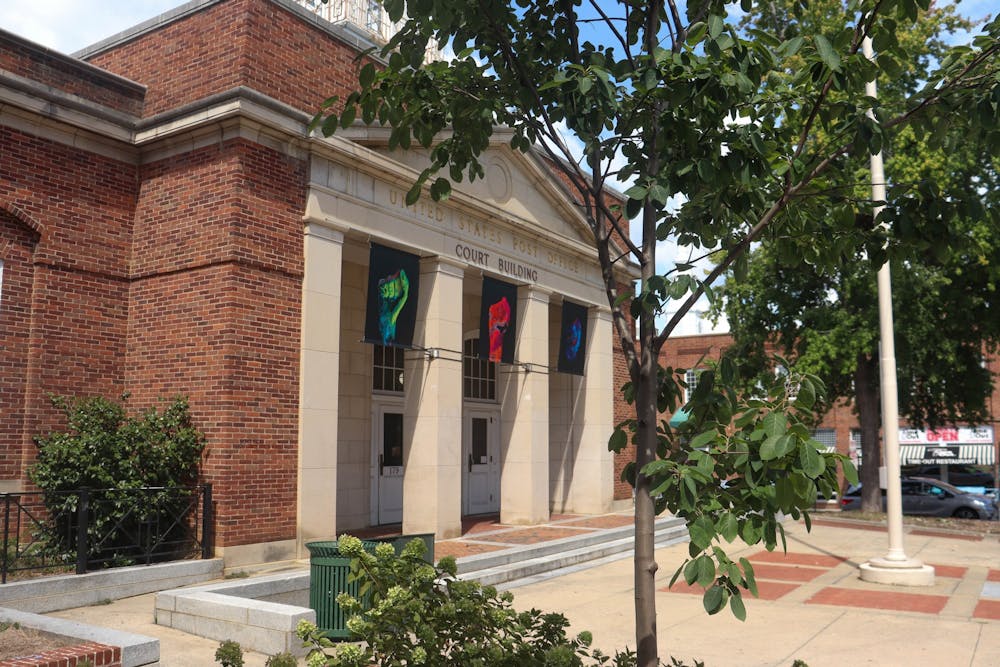It is crucial to understand ALE, and this arrest, as being entangled in the realm of policing. The state’s 108 ALE agents say their aim is to preserve public health and safety, and collaborating with local sheriffs and police chiefs is paramount to this work.
It is evidently clear that police priorities are out of line with the health, wellbeing and safety needs of our community. Looking around and responding to the expressed concerns of the community means working to make mental health aid accessible. We need solutions for unhoused people. We need comprehensive harm reduction methods for when – not if – people engage in risky behaviors.
It is naive, especially for law enforcement of any kind, to believe that students will not engage in risky behaviors, including underage drinking. Instead of putting mechanisms in place to ensure the safety of those who engage in risky activities, ALE's presence has created a culture of fear.
Furthermore, the events of this week are not just an isolated incident, but part of a larger pattern of abusive police power.
In 2018, opponents of the Silent Sam monument rallied against the brutality they faced at the hands of the police. In 2021, police forcefully removed protestors from a closed Board of Trustees meeting regarding Nikole Hannah-Jones’ tenure denial, and former UNC Police Chief Rahsheem Holland was accused of assaulting protestors in the process.
This violence has disproportionately harmed students of color and those who lead anti-racist initiatives across campus. Meanwhile, local police have failed to apply similar standards to blatantly racist and extremist groups they encounter. The Twitter account Unsafe @ UNC (@UnsafeAtUNC) chronicles nonviolent police interactions among Neo-Confederate groups on campus.
It’s no coincidence that such miscarriages of justice happen time and time again at the hands of law enforcement officers. It’s not the work of two ALE officers. It’s not the work of former UNC Police Chief Holland.
It’s the work of a system that simply does not serve the community and, instead, brings the unjust harm and violence it is supposed to protect us against.
@dthopinion
opinion@dailytarheel.com
To get the day's news and headlines in your inbox each morning, sign up for our email newsletters.



